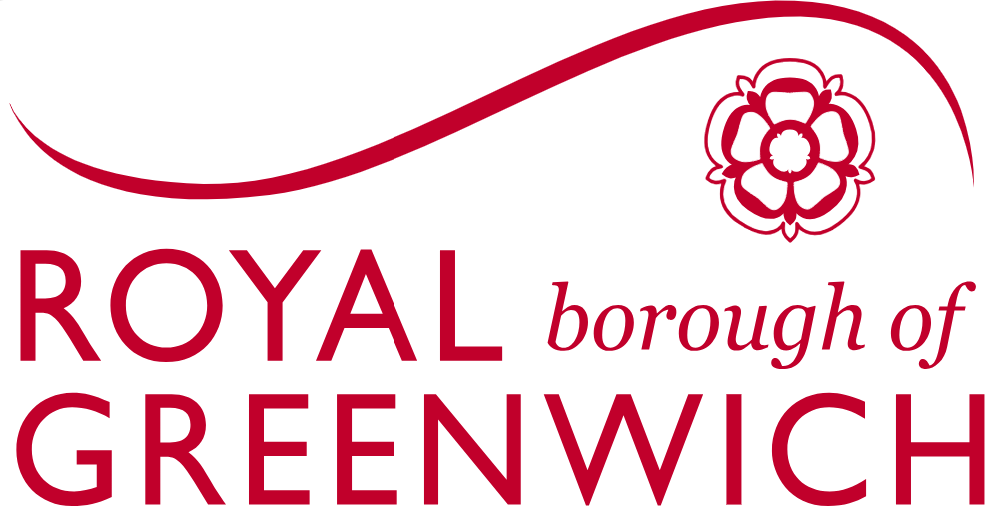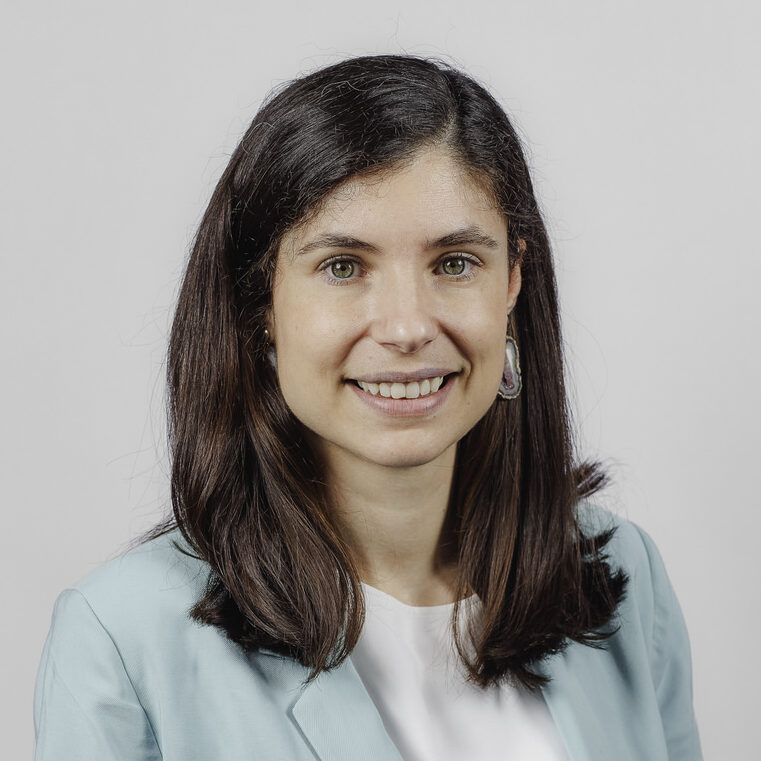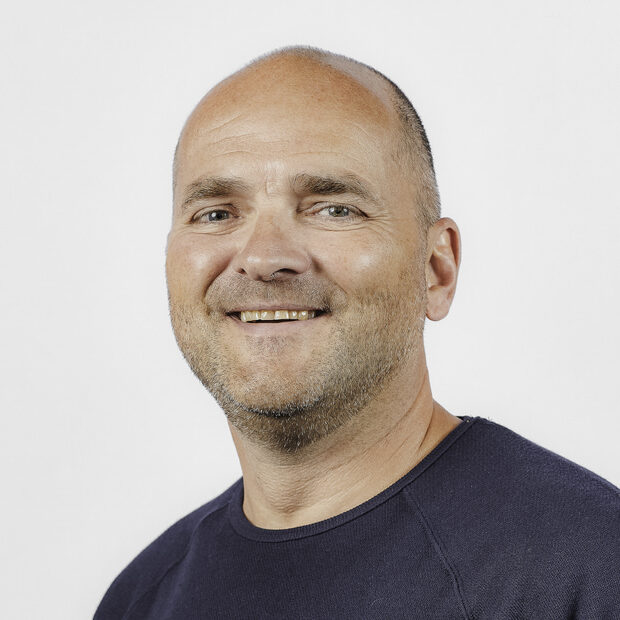Lewisham DfE Care Leavers SOC
Helping care leavers in London to live independently, and secure education and employment opportunities.
-
Location
London
-
Launch
Nov 2018
-
Area
Education, Employment & Housing
Collaborators & funding partners
-
Department for Education
-
Greenwich Council
-
Lewisham Council
-
Bromley Council
-
I-Aspire
Delivery Partners
-
Depaul UK
Collaborators & funding partners
-
Department for Education
-
Greenwich Council
-
Lewisham Council
-
Bromley Council
-
I-Aspire
Delivery Partners
-
Depaul UK
Overview
We believe that life outcomes for care leavers can significantly improve when they are supported in their transition out of the care system.
BOP teamed up with Depaul UK, a national homelessness charity that has also pioneered outcomes-based services and models to help combat youth homelessness. Together, we designed a project to support care leavers aged 16+ who were NEET, or at risk of becoming NEET, and were facing limited life chances in terms of their education, employment, accommodation and/or well-being.
The resulting I-Aspire programme, delivered by Depaul, used a tailored approach that focused on individual care leavers’ needs and aspirations. The team also worked closely with employers to secure suitable opportunities for the young people on the programme.
Depaul’s ‘Endeavour’ tool helped to measure the impact of I-Aspire – recording young people’s progress and development over the short-, medium- and long-term across employment, health and housing status outcomes. It also looked at intermediate and softer outcomes that indicate other forms of progress and change.
Delivery innovations
An outcomes partnership has enabled a much more collaborative, flexible approach to problem-solving. This has facilitated a number of significant delivery innovations, including:
- Developing close working relationships between I-Aspire Progression Coaches and the Local Authority personal advisers was essential in keeping in close contact with young people during the pandemic.
- A strong focus on good quality data and reporting means clearer visibility over engagement rates, enabling the team to target young people whose engagement levels dipped during the pandemic.
- Internal and external grants supported young people with laptops, tablets and data packages over the pandemic, helping maintain their engagement with I-Aspire and enable online access to education and employment opportunities.
Outcomes
Almost 239 young people engaged with the programme, of which over 100 started education and training courses – including 13 starting University/ Higher Education. 67% of those who engaged started employment.
-
239
Starts to the programme
-
101
Entered into education/training course
-
161
Started employment
-
£2.6m
Outcomes achieved










